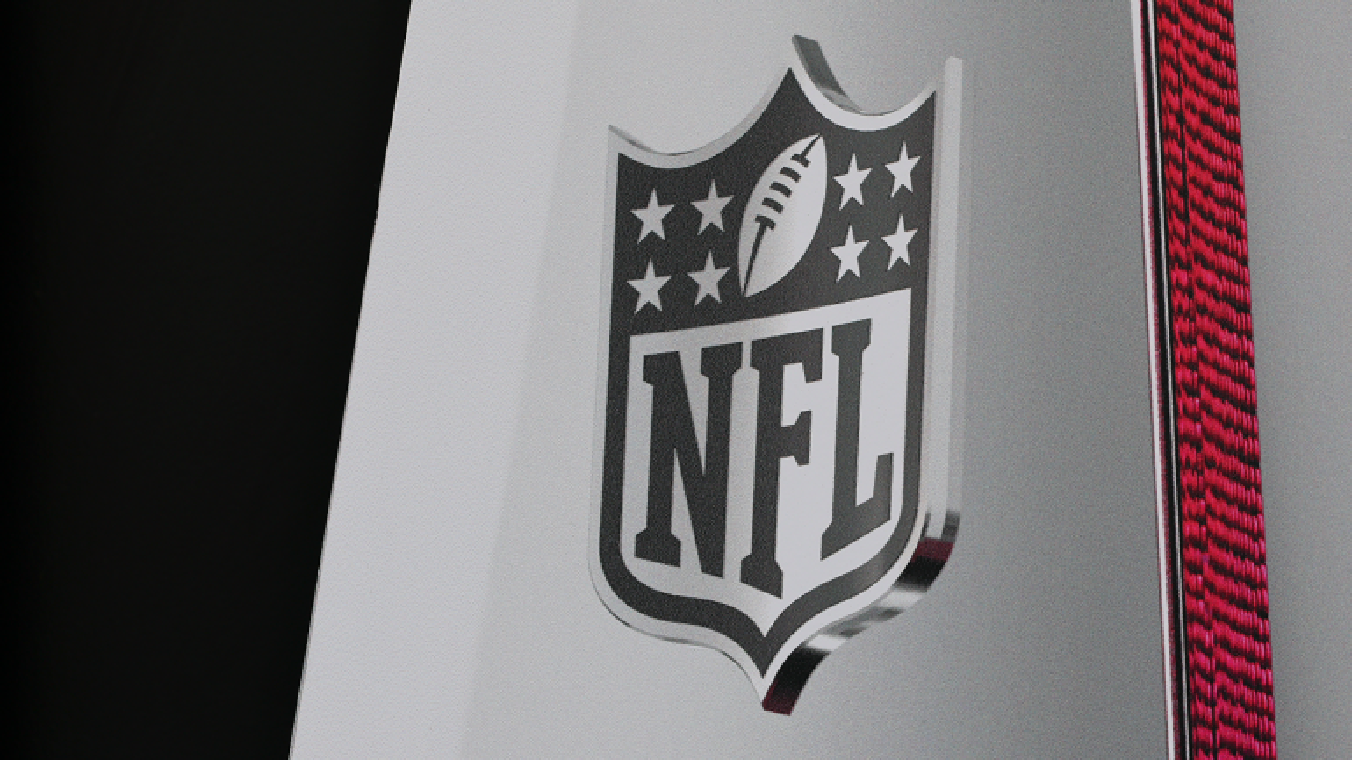The NFL Players Association (NFLPA) lost its collusion grievance against the NFL over fully guaranteed contracts after a judge ruled the union failed to meet the “clear preponderance of evidence” standard — a burden the NFLPA itself agreed to in the 2020 Collective Bargaining Agreement (CBA).
Judge’s ruling: Encouragement, not collusion
In a January 14, 2025 decision, Second Circuit Judge Christopher F. Droney acknowledged the NFL Management Council “encouraged” teams to limit guarantees after Cleveland Browns quarterback Deshaun Watson’s $230 million fully guaranteed deal in 2022. However, Droney found no direct evidence of collusion among owners to suppress similar contracts for players like Baltimore Ravens’ Lamar Jackson, Denver Broncos’ Russell Wilson, or Arizona Cardinals’ Kyler Murray.
CBA language tilts scales toward NFL
The NFLPA’s case hinged on proving collusion under Article 17 of the CBA, which requires a “clear preponderance of evidence” — a higher threshold than typical civil cases. Judge Droney emphasized this standard, noting owners’ post-contract communications (e.g., congratulatory texts between Cardinals owner Michael Bidwill and Los Angeles Chargers owner Dean Spanos) occurred after deals were signed and did not imply prior coordination.
Missed opportunities and murky evidence
Key gaps weakened the NFLPA’s argument:
- Owners’ public comments, like Ravens’ Steve Bisciotti questioning Watson’s contract or Atlanta Falcons’ Arthur Blank expressing uncertainty about guarantees, were deemed non-collusive.
- The union did not call Minnesota Vikings’ Kirk Cousins or his agent to testify about his 2018 fully guaranteed deal — the NFL’s first — which could have provided precedent.
- Texts between Bidwill and Spanos discussing “limiting guarantees” were dismissed as “partner and rival” banter rather than conspiracy.
Quarterbacks’ failed guarantees
Three high-profile QB negotiations underscored systemic resistance to guarantees:
- Lamar Jackson: Rejected two three-year, fully guaranteed offers from the Ravens seeking longer terms; settled for a non-fully guaranteed deal after playing under a franchise tag.
- Kyler Murray: Withdrew a non-guaranteed extension proposal post-Watson, ultimately signing a deal with $30 million less guaranteed than Watson but a higher annual average.
- Russell Wilson: Broncos ownership reportedly leveraged his age (34) and declining play to avoid guarantees, per internal emails.
Historical context: A fleeting precedent
Cousins’ 2018 fully guaranteed contract with the Vikings ($84 million over three years) failed to shift league norms. By contrast, Falcons’ Matt Ryan signed a higher-value extension ($150 million over five years) weeks later with partial guarantees, reinforcing owners’ preference for flexibility.
The path forward: Unity or futility?
The ruling highlights structural hurdles for players seeking guarantees:
- CBA limitations: The “clear preponderance” standard and owners’ discretion to avoid written collusion make legal victories unlikely.
- Precedent gaps: Unlike the NBA or MLB, NFL players lack a critical mass of guaranteed deals to establish bargaining leverage.
- Owners’ resolve: As Droney noted, Watson’s deal remains an outlier because owners view guarantees as financially “risky” — a stance unlikely to soften without player strikes or coordinated demands.
For now, the NFLPA’s collusion defeat reaffirms a stark reality: billionaire owners wield disproportionate power in labor disputes, and the path to guaranteed contracts runs through collective sacrifice, not legal technicalities.

